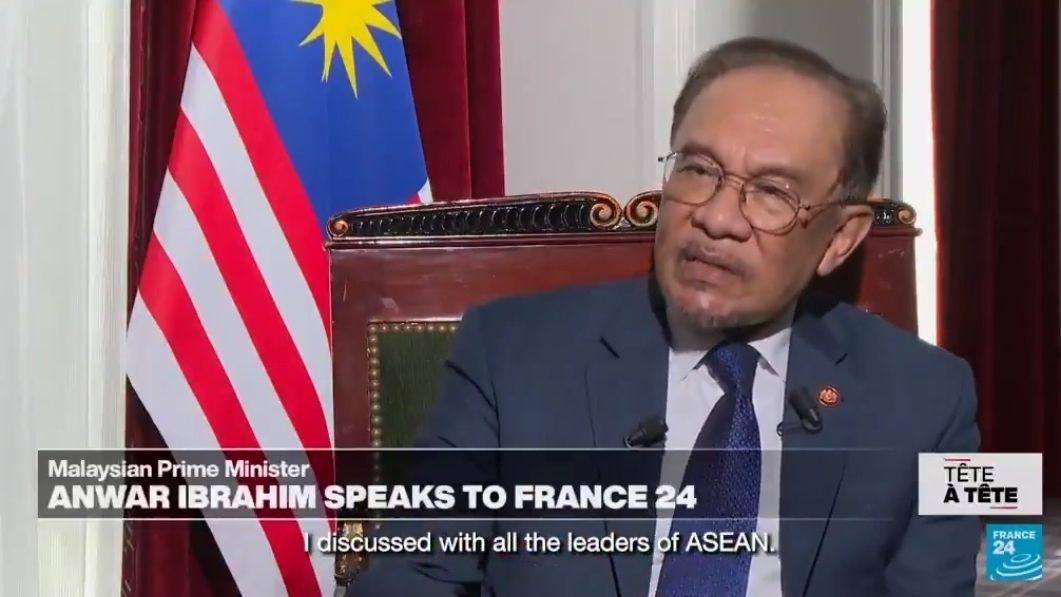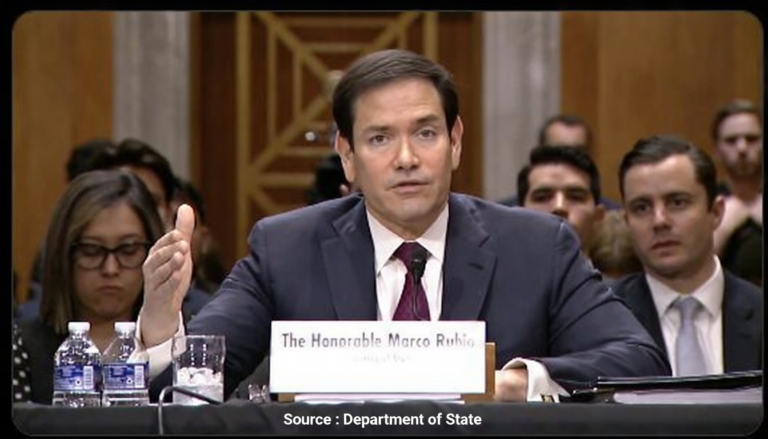
KUALA LUMPUR, Malaysia, July 9, 2025 – Malaysian Prime Minister Datuk Seri Anwar Ibrahim, in an interview with France 24 broadcast on Wednesday, articulated ASEAN’s renewed approach to the ongoing crisis in Myanmar, emphasizing a strategic pivot from non-engagement to active dialogue with the military junta. The discussion, which has already sparked significant interest online, underscores the bloc’s efforts to secure a ceasefire and facilitate post-earthquake humanitarian aid, a move Anwar described as “reasonably successful” despite lingering challenges.

The interview, shared by Anwar on X at 13:58 on July 9, 2025, comes at a critical juncture following a devastating 7.0-magnitude earthquake that struck central Myanmar in late March, killing over 3,800 people and displacing thousands. The disaster has exacerbated the humanitarian crisis in a nation already grappling with political instability since the 2021 coup. Anwar’s comments highlight ASEAN’s response, which includes deploying a Malaysian military field hospital to assist affected regions, ensuring transparent and non-discriminatory aid distribution.
“This was not just a unilateral decision,” Anwar told the French outlet, referring to his meeting with junta leader General Min Aung Hlaing in Bangkok last April. “It was discussed and agreed upon by all ASEAN leaders, reflecting a mandate to address the immediate needs post-earthquake and to push for a ceasefire.” The Prime Minister’s remarks mark a departure from ASEAN’s previous stance of non-engagement, which, as he noted, had “yielded no results” and failed to curb the violence that has plagued Myanmar since the coup.
The strategic shift is part of ASEAN’s Five-Point Consensus, a framework established in 2021 to resolve the conflict through immediate cessation of violence, constructive dialogue, and humanitarian assistance. However, progress has been slow, with critics pointing to continued junta airstrikes and human rights abuses. Anwar acknowledged these challenges but framed the recent engagement as a necessary step. “At least now, for a month, there’s been a ceasefire, despite one or two complaints,” he said, adding that the approach aligns with his political philosophy of engagement where possible.
The interview has resonated widely, with Malaysian netizens and regional observers weighing in on X. Supporters like @TuanMK1990 praised Anwar’s efforts, noting, “They believe in your words, YB!” while critics questioned the efficacy of engaging with the junta. The backdrop of the earthquake, which prompted a two-week offensive pause by Myanmar’s National Unity Government (NUG) to coordinate aid, adds urgency to ASEAN’s role, though the junta’s continued military actions have drawn international condemnation.
As ASEAN prepares for its upcoming summit in Kuala Lumpur, the Myanmar issue is expected to dominate discussions. Anwar’s initiative reflects a broader regional strategy to stabilize the situation, with the Prime Minister expressing hope for further progress. “We’re still engaging,” he said, outlining plans to report back to ASEAN leaders and push for adherence to the Five-Point Consensus’s basic parameters, including stopping the killings and facilitating dialogue.
The international community watches closely, with the UN and other stakeholders calling for sustained pressure on the junta. Anwar’s defense of ASEAN’s approach, set against the backdrop of natural disaster and political turmoil, highlights the delicate balance the bloc must strike. As of this Thursday morning, the conversation continues to unfold, with the summit poised to be a pivotal moment for regional diplomacy.












